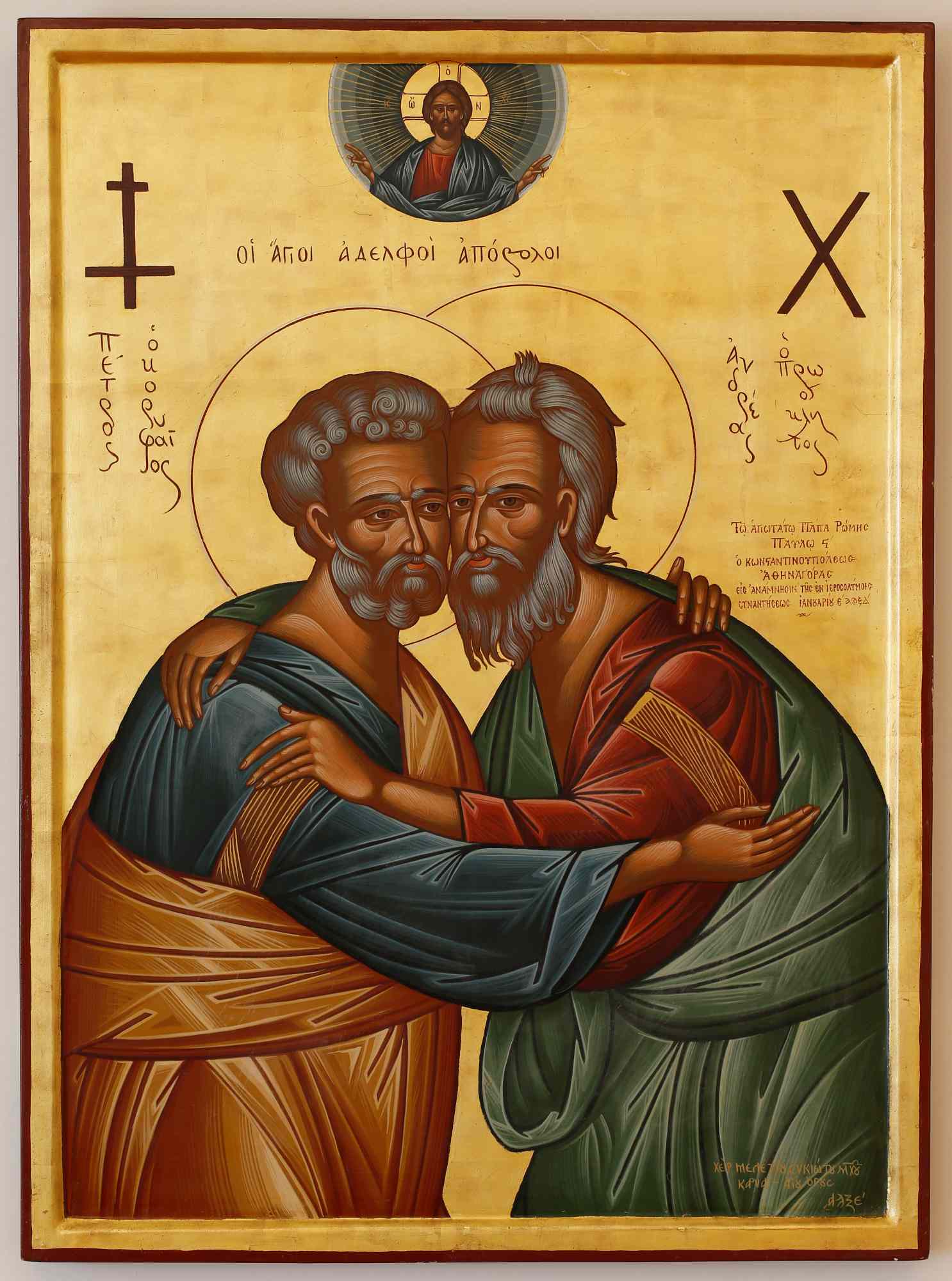 As we celebrate both the mystery of baptism and the search for Christian unity through dialogue, we see the unity of the two in the sacramental mystery of our baptism: “The fact that our churches share and practice this same faith and teaching requires that we recognize in each other the same baptism and thus also recognize in each other, however “imperfectly,” the present reality of the same Church. By God’s gift we are each, in St. Basil’s words, “of the Church.” (Orthodox-Catholic Theological Consultation, “Baptism and ‘Sacramental Economy’: An Agreed Statement, 1999). Ecumenism is the search for unity among all Christians. Unity must be established on truth, but we know that God is Truth (John 14:6).
As we celebrate both the mystery of baptism and the search for Christian unity through dialogue, we see the unity of the two in the sacramental mystery of our baptism: “The fact that our churches share and practice this same faith and teaching requires that we recognize in each other the same baptism and thus also recognize in each other, however “imperfectly,” the present reality of the same Church. By God’s gift we are each, in St. Basil’s words, “of the Church.” (Orthodox-Catholic Theological Consultation, “Baptism and ‘Sacramental Economy’: An Agreed Statement, 1999). Ecumenism is the search for unity among all Christians. Unity must be established on truth, but we know that God is Truth (John 14:6).
The Truth that is God, we as human beings must state in human words. No human word can grasp the whole truth that is the Word. There are many different words and formularies, and even that which is certainly true can be expressed in different ways. Even very basically, that which was expressed in Greek, must for most of us be translated into English words! To express the truth requires hard work, understanding and discernment. The way of ecumenism is through dialogue, to strive to see in our limited human formularies what is the unchanging truth and what is not genuine. We see this especially in the dialogues between Catholics and the Oriental Orthodox Church, and also between the Orthodox and the Oriental Orthodox Churches, where the differences in formulary have been recognized to be semantic and not essential.
The opposition to ecumenism, however, is fundamentalism. Fundamentalism rises from an underlying human need to be certain of one’s own self-righteousness. How I believe is right and everyone else is wrong. Deep-seated fundamentalism leads eventually to intolerance, ideology imposed on people, hatred and eventually violence. The world today is soaked through with hatred ideology and violence, with the dehumanization of “the other.” It is not a good atmosphere for the gospel of ecumenism. But as St. Paul said, “Preach the word! Be ready in season and out of season. Convince, rebuke, exhort, with all long-suffering and teaching” (2 Timothy 4:2). If two people disagree, but have a good heart, they can find the common truth through dialogue. Sometimes we point to history as the taking of a strong stand, of condemning those who have the wrong “formularies,” as the righteous rejection of “heresies.”